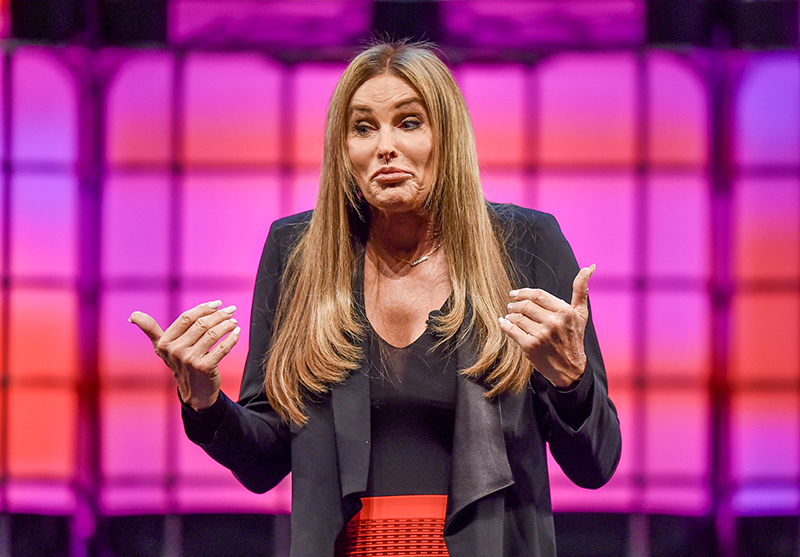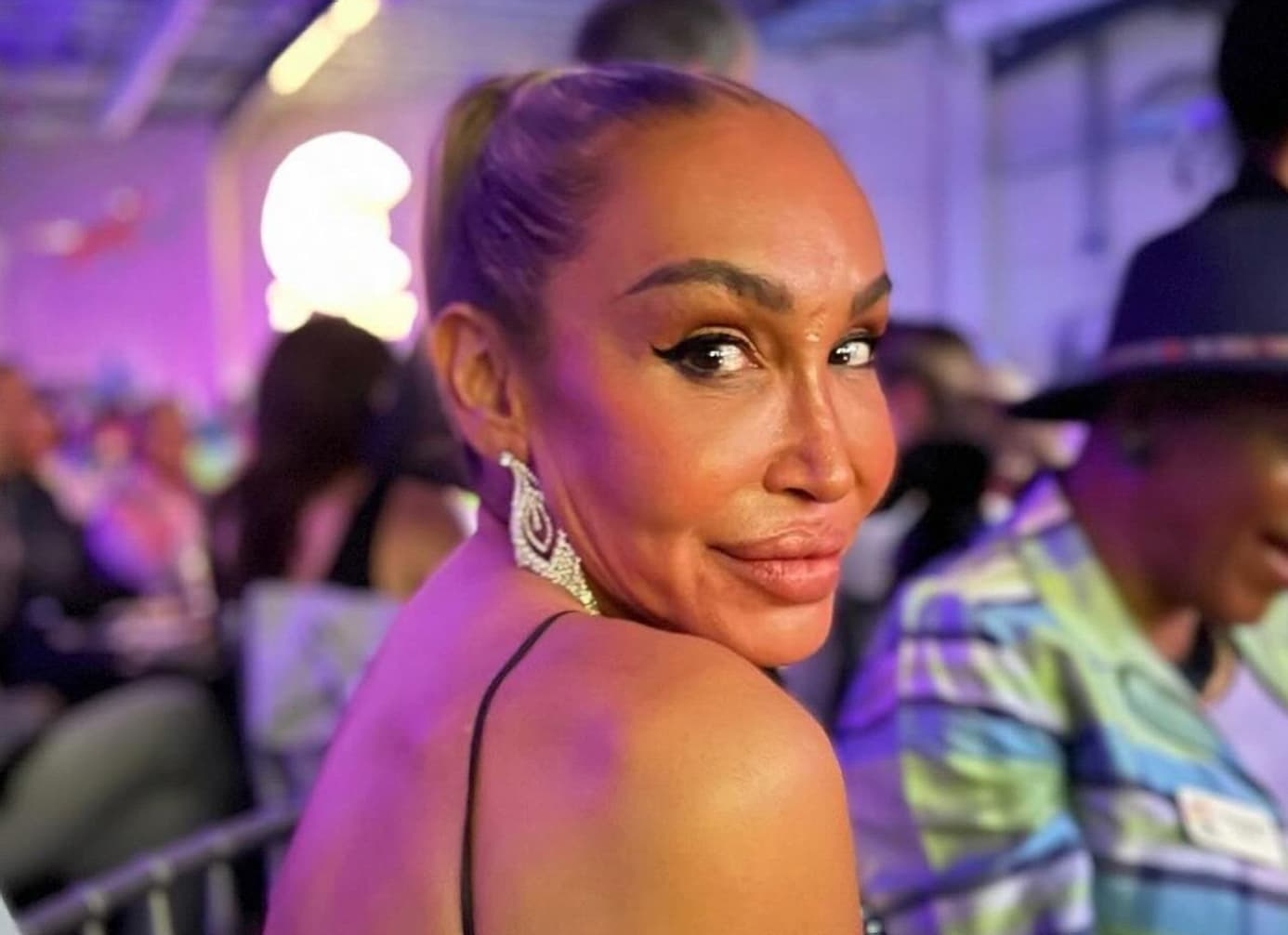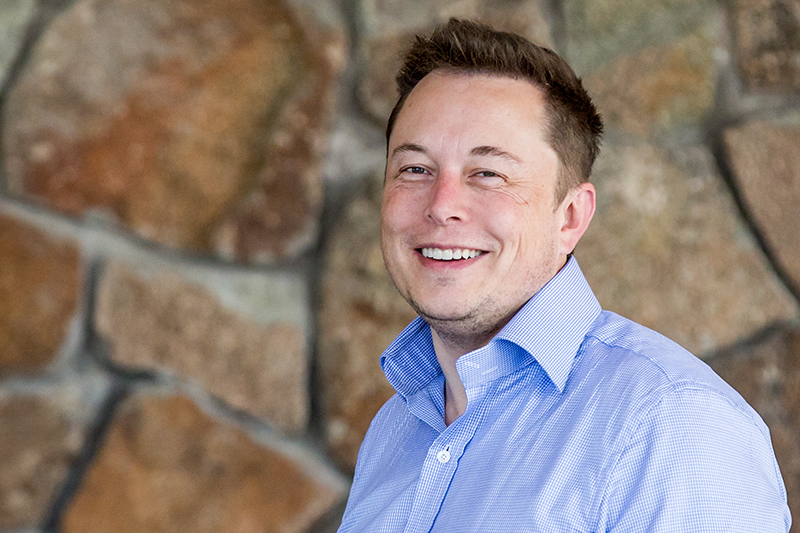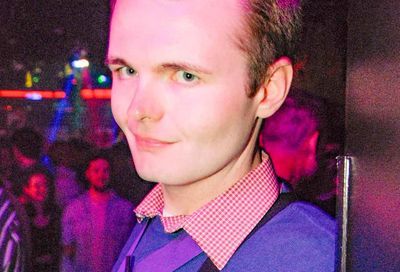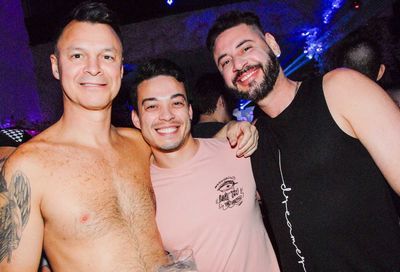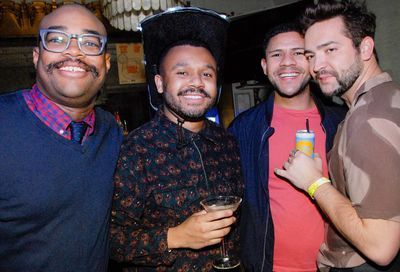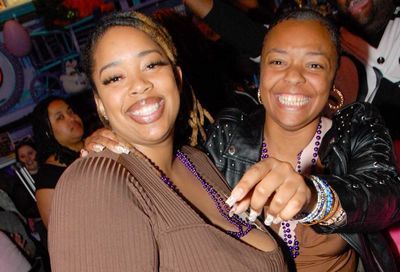A Home with Heart
Transgender activist Ruby Corado's new house for LGBT homeless youth doubles the number of beds available

Photo by Todd Franson
“If I can make it, anyone can,” says Ruby Corado as she walks around an empty three-story house in Columbia Heights.
The building is in the initial stages of renovation. It will open later this spring as transitional housing for homeless and vulnerable LGBT youth.
Corado knows homelessness all too well. The longtime transgender activist and founder of LGBT multicultural community center Casa Ruby has spent some financially troubled times sleeping in shelters or transitional housing. But now, aided by a new grant from the Partnership for the Prevention of Homelessness, Corado is on schedule to become a mother figure to anywhere between 10 to 12 homeless LGBT youth who have nowhere else to turn. While the Wanda Alston Foundation, which runs the Wanda Alston House, meets a similar need, Corado’s new transitional house will more than double the number of beds specifically available for LGBT youth who would otherwise be forced into traditional adult homeless shelters, where they can be at risk due to their sexual orientation or gender identity.
“When I was homeless, I lived in a place where the mattress was uncomfortable,” she recalls. “And a lot of people don’t see the point in staying or abiding by the rules if the place they’re staying isn’t a high-quality place. I want to make sure people are comfortable. I want a home where I would live.”
As she moves from room to room, Corado fastidiously checks every detail, from the carpeting to the mattress, making sure things are clean, neat and in their proper place. She rummages through bags and boxes full of sheets, toiletries and clothing donations. She inspects the edges of newly purchased bed frames and mattresses in each room, which will house two or three residents, searching for snags, rips or other imperfections.
“There’s a small stain on the end of one of the mattresses on the third floor,” she tells Larry Villegas, who will live at and run the day-to-day operations of the transitional house. “I don’t know whether it got ruined when they being delivered through the rain yesterday, but I’m going to have to return it.”
Of course, Corado says, just because the place is going to be in top shape for April 1, when she hopes to open the doors to the public, doesn’t mean that residents won’t have rules to abide by or won’t have to do their fair share of chores.
“I can be strict,” she says. “And there will be guidelines and rules to make their stay safer. But this will not be a boring house.”
With a laugh, she adds, “I want this to be the gayest house,” as she gestures to the rainbow flag draped over the railing on the second floor landing. “I want this to be the safest home. That’s why I and so many other people are working so hard to make this perfect.”
Most of all, Corado hopes to teach the residents how to become self-sufficient. All residents will be required to seek out work, whether paid or volunteer, or continue their education, whether that’s in a formal classroom or a vocational program. Sitting around the house all day is not an option.
“I have walked into and lived in programs for the homeless, and when I walk in seven years later, I see people who are still homeless,” Corado says. “That’s not what I’m about. These kids are here to accomplish things. I want them to be so occupied that when they come back to the house, all they’ll want to do is sleep.”
Corado, Villegas and other staffers are currently in the midst of interviewing potential residents, who simply have to be LGBT youth from ages 18 to 24 who claim residence in the District. Because the housing is transitional, residents will only be allowed to stay for up to 18 months, which is why Corado emphasizes self-sufficiency.
The house will be staffed by nine employees, most of whom will serve as housing monitors. But the house will also have a clinical social worker and other unpaid volunteers who will donate their time to help house residents get into contact with schools or potential employers. They’ll also advise them on legal issues and provide mental health or counseling services as needed to address the other issues that led to them becoming homeless. Staff will be bilingual, in case some residents do not have a strong grasp of the English language. There will also be an activities room that Corado will set up in the house’s English basement, which can be used for various events or meetings, and, when not in official use, can serve as a recreation room where “they can yell their heads off.”
But for Corago and Villegas, the work is never really done. While the grant from the Partnership for the Prevention of Homelessness helps pay the rent for the house — as well as living expenses like food and transportation costs — and much of the furniture, office resources, computers, and a television were donated, there is always a need for even basic things like toothbrushes, toilet paper, shampoo, and soap.
“I always tell people, if you can’t give your time, if you can’t give your talent, then give your money,” Corado says.
But most of all, Corado wants to make the house a place of acceptance for LGBT youth, who are often one of the most marginalized populations within the District. In the downstairs office and entrance hallway, Corado has placed signs containing inspirational sayings, like “Follow your dreams, for they know the way,” “Life is good,” and “You are loved.”
“Sometimes, these kids would rather be homeless because they don’t feel loved,” Corado says, tearing up. “A lot of them don’t really know the traditional meaning of family. But in this place, this is a ‘chosen family’ that loves them.
“I’m not their mother, but I fill that place in their lives,” she continues. “I had this boy who came into Casa Ruby the other day, and he said to me, ‘I love coming here, because no matter which floor I go on, I meet someone who is nice to me, and it just feels right.’ That lets me know we’re doing the right thing.”
For more information about Casa Ruby, call 202-355-5155 or send an email to corado@casaruby.org.
Support Metro Weekly’s Journalism
These are challenging times for news organizations. And yet it’s crucial we stay active and provide vital resources and information to both our local readers and the world. So won’t you please take a moment and consider supporting Metro Weekly with a membership? For as little as $5 a month, you can help ensure Metro Weekly magazine and MetroWeekly.com remain free, viable resources as we provide the best, most diverse, culturally-resonant LGBTQ coverage in both the D.C. region and around the world. Memberships come with exclusive perks and discounts, your own personal digital delivery of each week’s magazine (and an archive), access to our Member's Lounge when it launches this fall, and exclusive members-only items like Metro Weekly Membership Mugs and Tote Bags! Check out all our membership levels here and please join us today!



